In Conversation with Michael Moosbrugger
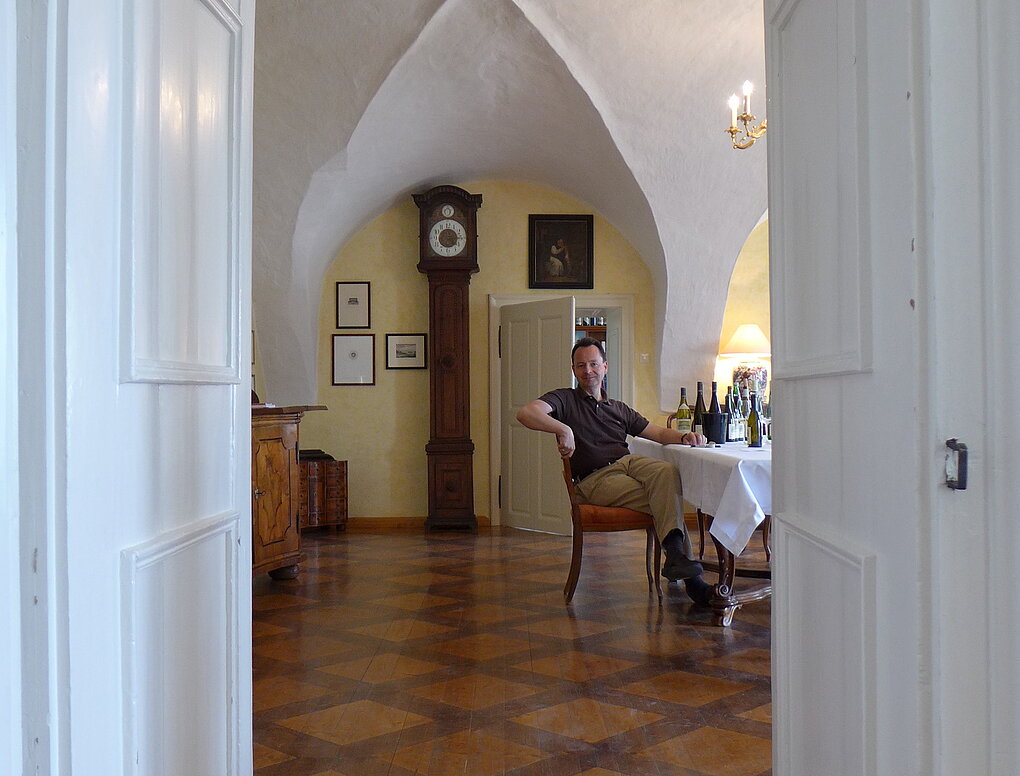
Two wine luminaries reflect on the complex and challenging process of taking Austrian vineyard classification from bill to law.

Two wine luminaries reflect on the complex and challenging process of taking Austrian vineyard classification from bill to law.
Writer
David Schildknecht trained in philosophy and worked as a restaurateur before spending a quarter century in the U.S. wine trade. His tasting reports, ones from Austria and Germany prominent among them, have since the late 1980s been fixtures of Stephen Tanzer's International Wine Cellar; Robert Parker's Wine Advocate; and, since 2015, Vinous. A columnist and feature contributor for Wine & Spirits, The World of Fine Wine, and Austria’s Vinaria, he is responsible for the German and Austrian entries in the The Oxford Companion to Wine and a co-author of the 7th edition of Robert Parker's Wine Buyer's Guide. David has also addressed issues of aesthetics in contexts academic and otherwise, and his life in wine leaves time to pursue his passions for cooking, music, history, and his infinitely tolerant wife of five decades.
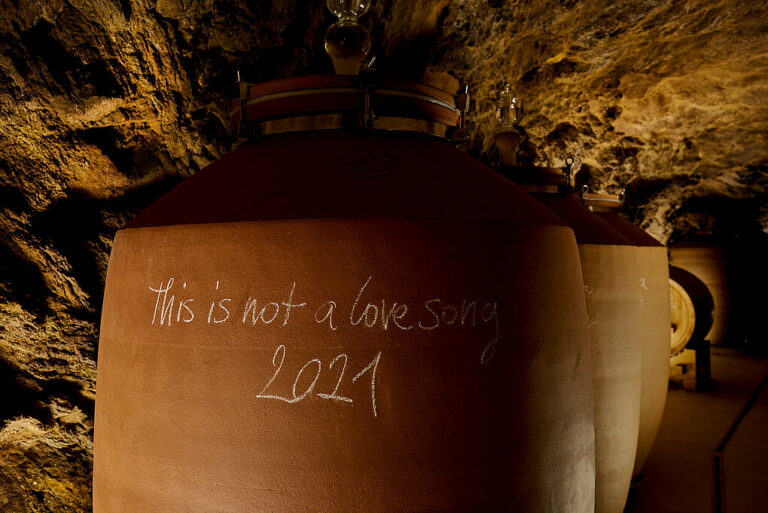
”In the past, nature held very little meaning for me,” Kremstal winegrower Markus Lang admits when asked to remember the first impressions of his vineyards. Fifteen years ago, he came to the parcels on Austria’s Steiner Schreck as the Virgin Mary to her child: naive and fully unprepared. He inherited the vineyard from his great uncle, whose winemaking reputation preceded him… for wines to be avoided at all costs. “But opening the gate to the vineyard for the first time, I was struck by a feeling that I belonged there,” he recalls. “So I got to work. And it was a…...
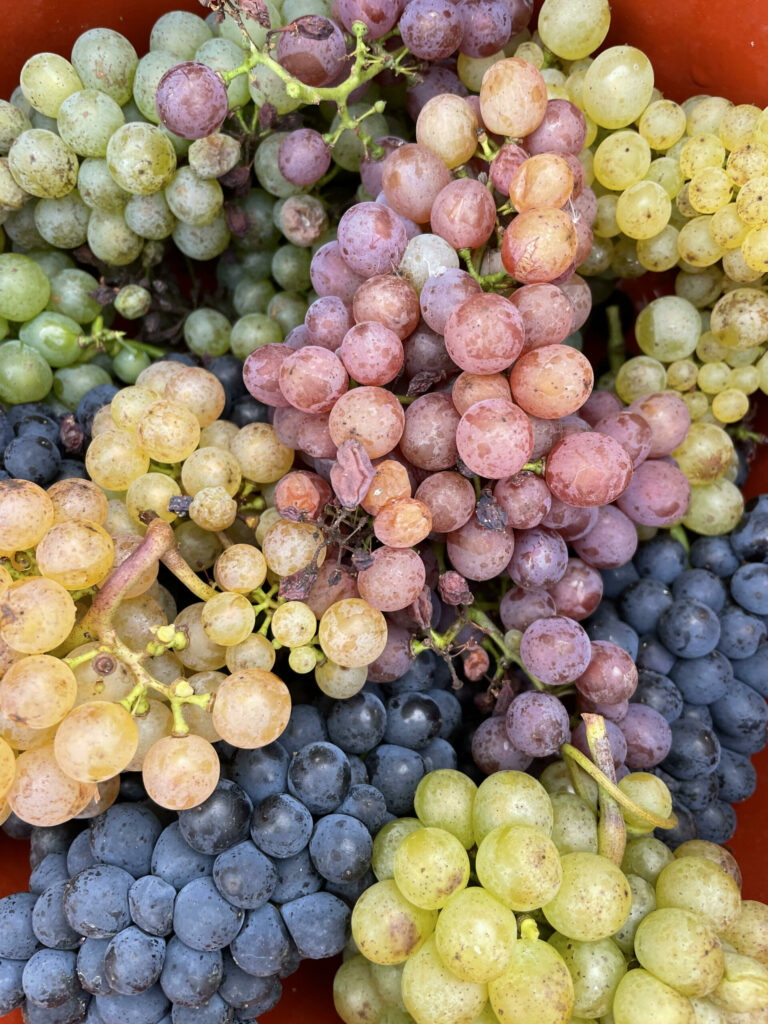
The year is 1806. The date June 17th. Privy Councilor Goethe sits in Frankfurt — high and dry. He reaches for his quill and writes a letter to a friend: “Send me some Würzburger wine, for no other wine satisfies, and I am morose without my accustomed favorite drink.” While the line may not be poetic, the composition Johann Wolfgang von Goethe thirsted for is. The wine in question was, quite possibly, “Frentsch” (local dialect for Altfränkischer Satz or Old Franconian Mixed Set): a field blend of some 20 grape varieties, all planted, harvested, and fermented together. What once gave growers a bit of…...
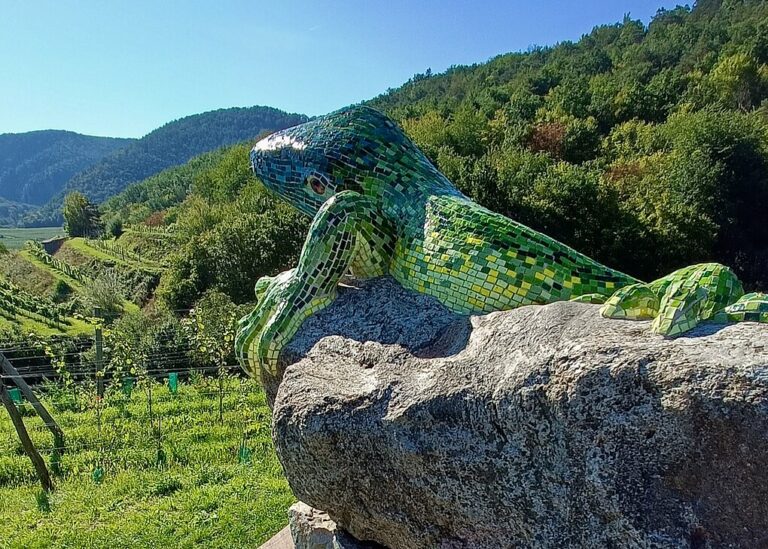
In an age defined by climate emergency, can winegrowers in Austria's warming Wachau react and adapt fast enough to maintain the region's historic pole position?
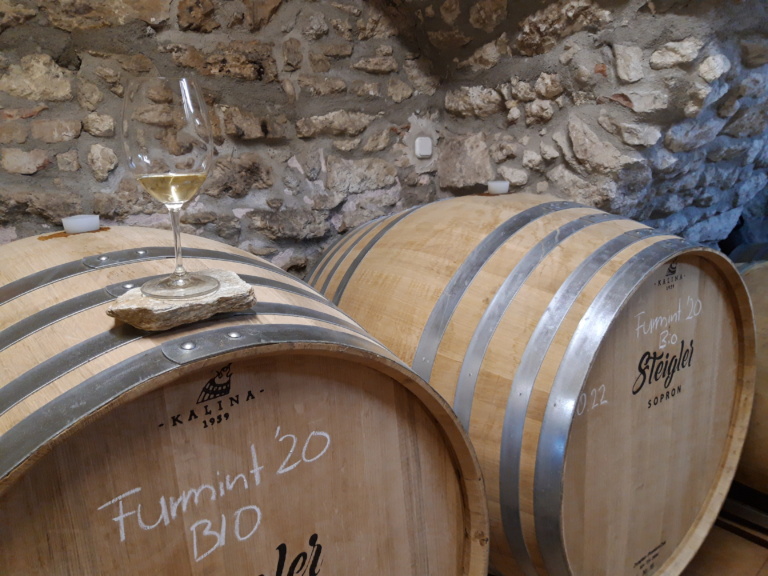
Reviving winemaking traditions on the old frontier between East and West from those with roots in both.
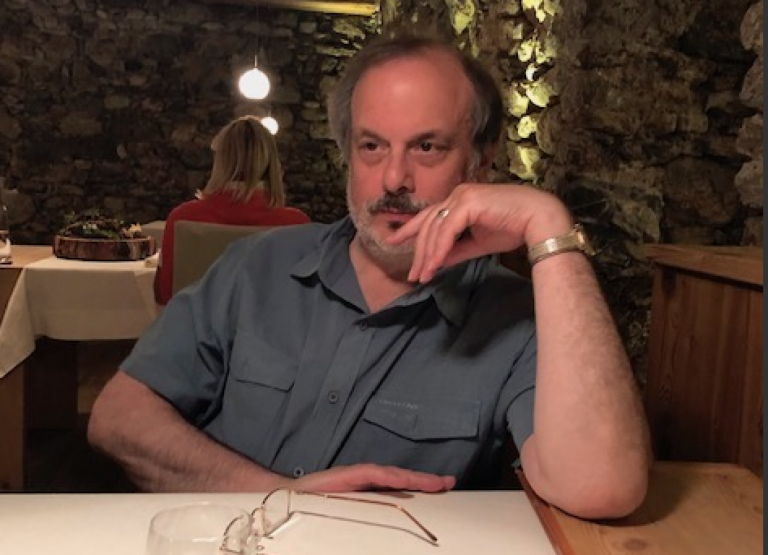
Terry Theise. Until quite recently, I would have written “an importer of German and Austrian wine who needs no introduction.” But over the past year, the axis of wine, not to mention the world, has shifted. A slew of new wine lovers might just need to be brought up to speed on this pioneering champion of “umlaut-bearing wines” (a term Theise coined long before we or anyone else). Theise fell for German wine and wine culture while living in Munich in his 20s. When he returned to the U.S. in the early 1980s, he brought this zeal back with him. He…...

When Italy’s Collio DOC voted in December 2024 to include orange wines in their disciplinare, the news barely caused a ripple in the grand lake that is global wine. Meanwhile, I was in a state of mild shock. One of Italy’s most conservative appellations had just voted to allow orange wines to bear its hallowed classification. The decision clearly made sense: Collio is ground zero when it comes to orange wine. It was here, after all, that seminal growers like Gravner and Radikon redefined skin-fermented white wines in the late 1990s. Once considered heretics, their approach is now established worldwide…....
Enjoy unlimited access to TRINK! | Subscribe Today